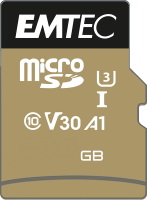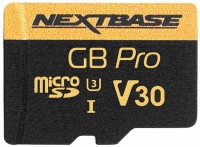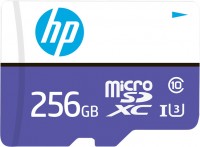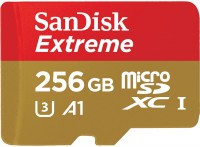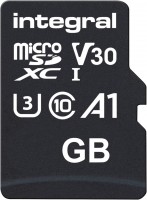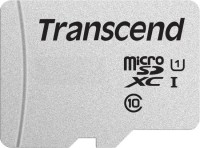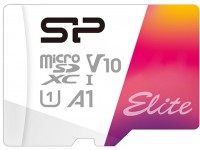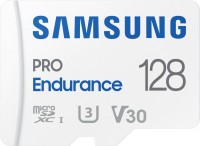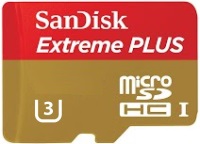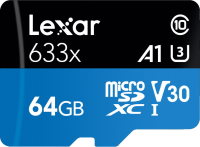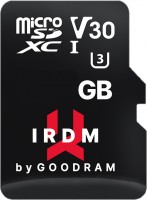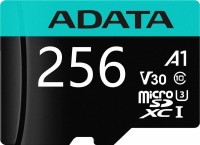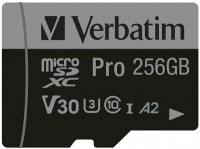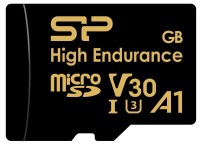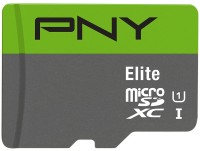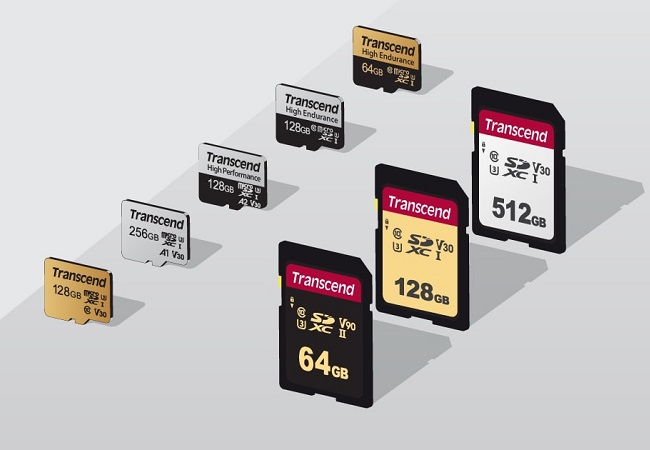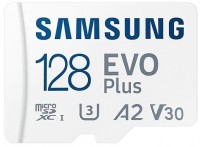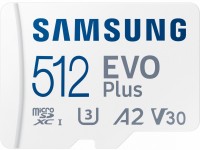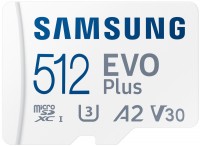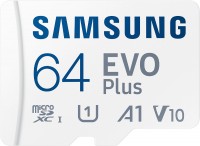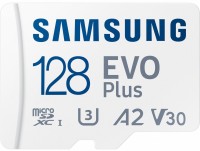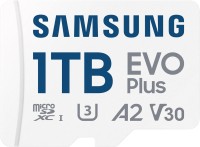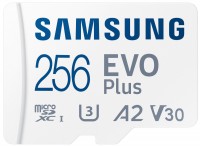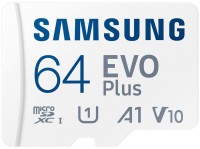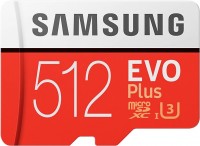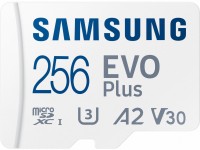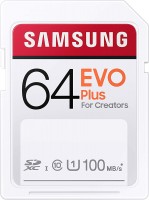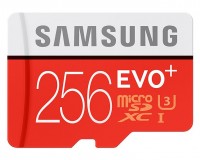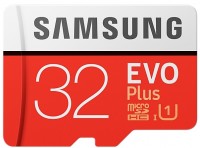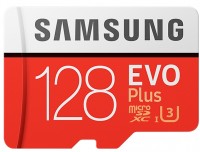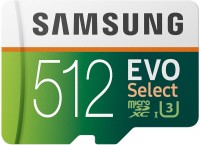Samsung EVO Plus 100 Mb/s microSDXC UHS-I U3 256 GB
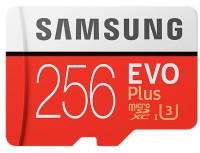 |
Samsung EVO Plus 100 Mb/s microSDXC UHS-I U3 256Gb | |||||||||||||||||||||
| |||||||||||||||||||||
Always clarify the specifications and configuration of the product with the online store manager before purchasing.
Catalog Samsung 2025 - new arrivals, bestsellers, and the most relevant models Samsung.
Samsung EVO Plus 100 Mb/s microSDXC UHS-I U3 configurations
| Price for Samsung EVO Plus 100 Mb/s microSDXC UHS-I U3 | ||||
|---|---|---|---|---|
| Samsung EVO Plus 100 Mb/s microSDXC UHS-I U3 128 GB | from £30.00 | 2 offers | ||
| Samsung EVO Plus 100 Mb/s microSDXC UHS-I U3 512 GB | from £34.99 | 3 offers | ||
The range of miniature flash drives in the portfolio of the South Korean brand Samsung is small, but it satisfies the requirements of both ordinary users and those who are familiar with the photo and video content creation industry firsthand.
Speed mode
The EVO Plus external storage series is available in three capacities (64 GB, 128 GB, 256 GB) and comes with an adapter for full-size SD slots out of the box. The maximum capacity card is only a little behind the claimed “flight” indicators — in read mode, data exchange is provided at a speed of 85-90 MB / s, and when writing files — 80-85 MB / s. It seems possible to unload all the information from the flash drive with a “full load” in about 45 minutes.
Speed guarantee
High speed performance is, of course, a plus in the karma of the model. But it is much more important that the flash drive should properly deal with the stability of data exchange. Support for the high-speed UHS-I bus guarantees the drive a minimum sustained write speed of 30MB/s. This means that the video on the USB flash drive will be recorded without jerking and dropping frames. The suitability of Samsung EVO Plus for shooting videos in 4K is confirmed by the V30 video recording class assigned to the card.
What do we need snow, what do we need heat
About 50K photographs and over 10 hours of video in ultra-high resolution are placed on the flash drive. Moreover, the stored data is protected from external influences on all fronts — the drive remains operational when immersed in sea water (less than three days), it does not care about temperature fluctuations, it also “survives” under the influence of vibrations and X-rays. A memory card solves the vast majority of tasks and will not let its owner down at the right time. Something is more likely to happen to the device carrying the flash drive than to it.



